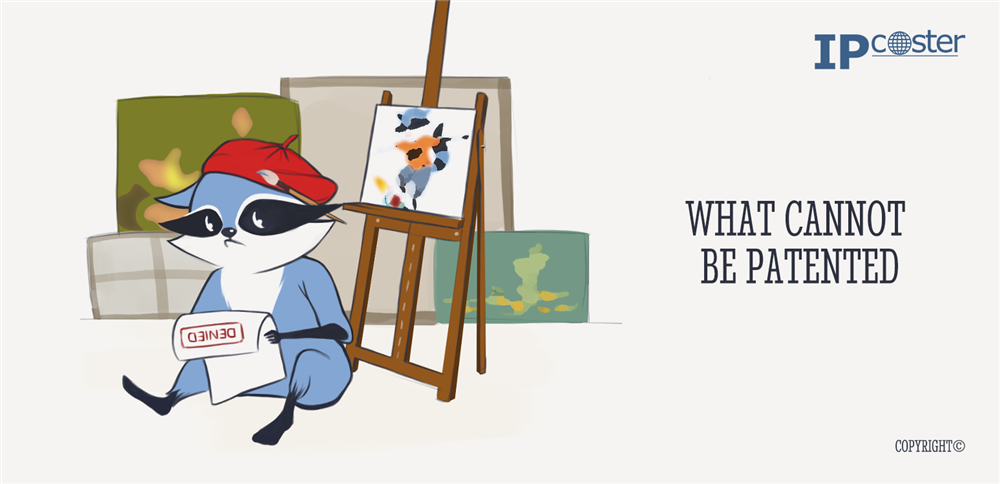IP-Academy

What Cannot Be Patented
While many types of intellectual property can be protected through patents, some subject matter is not eligible for patent protection. This usually comes down to the nature of the idea or creation. Below are some of the most common types of things that cannot be patented:
Discoveries
Simply discovering something, such as a natural law or scientific principle, cannot be patented. This is because a discovery is not an invention. It's something that already exists and has simply been found. However, if you develop a new, inventive, and industrially applicable method of using that discovery, it may be eligible for patent protection.
Artistic and Literary Works
Works such as music, literature, films, and plays are not patentable. These are protected by copyright, not patent law.
Abstract Ideas
Ideas that are theoretical or conceptual, without any practical application, are not patentable. A patentable invention must be capable of industrial application, meaning it must have a specific and useful function.
Natural Phenomena
Inventions that are merely the result of natural processes or phenomena cannot be patented. For example, a naturally occurring mineral or a weather pattern cannot be claimed as your invention.
Software (in certain cases)
In some jurisdictions, software as itself is not patentable, especially if it lacks a technical effect. For example, under European Patent Office (EPO) guidelines, a computer program must produce a technical result (beyond simply running on a computer) to be eligible for patent protection. That said, software that enables or improves a technical process may be patentable. Otherwise, software code is generally protected by copyright.
Animals
Naturally occurring animals cannot be patented. However, there are exceptions. In some countries, you may patent a genetically modified animal if it has been engineered for a specific purpose, such as laboratory testing. For example, a genetically modified rabbit used in drug trials may be patentable where animal patenting is permitted.
Common Questions
If it's a discovery or natural phenomenon, is there any patent strategy at all?
Often the strategy is to claim a practical application (e.g., a process, composition, device, or specific use) rather than the natural phenomenon as such.
How do I turn a discovery or natural phenomenon into something potentially patentable without overreaching?
Focus on the human-made contribution: a new process, composition, device, or defined industrial use that applies the discovery in a reproducible way. The practical drafting goal is to claim the application and not the underlying natural principle.
What's the biggest cost trap with excluded subject matter?
Filing too early with vague, non-technical wording. That often leads to repeated office actions, narrowing, and higher prosecution cost, and end with limited protection. A short pre-drafting eligibility review can be cheaper than dealing with the expensive troublesome prosecution later.